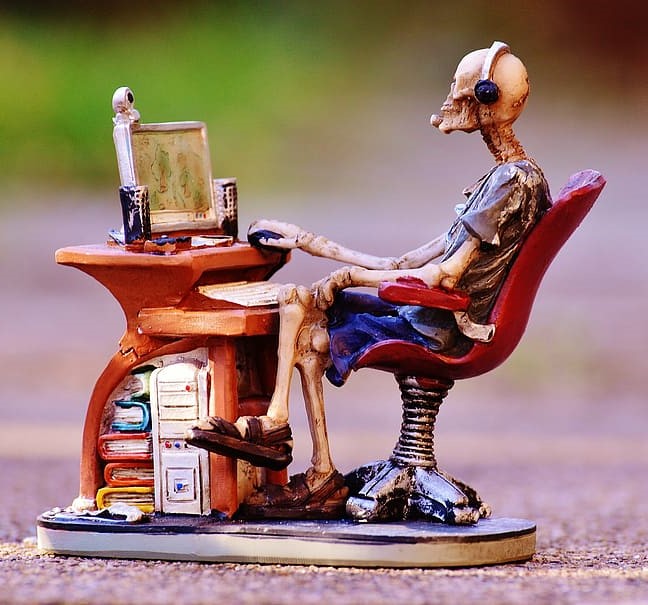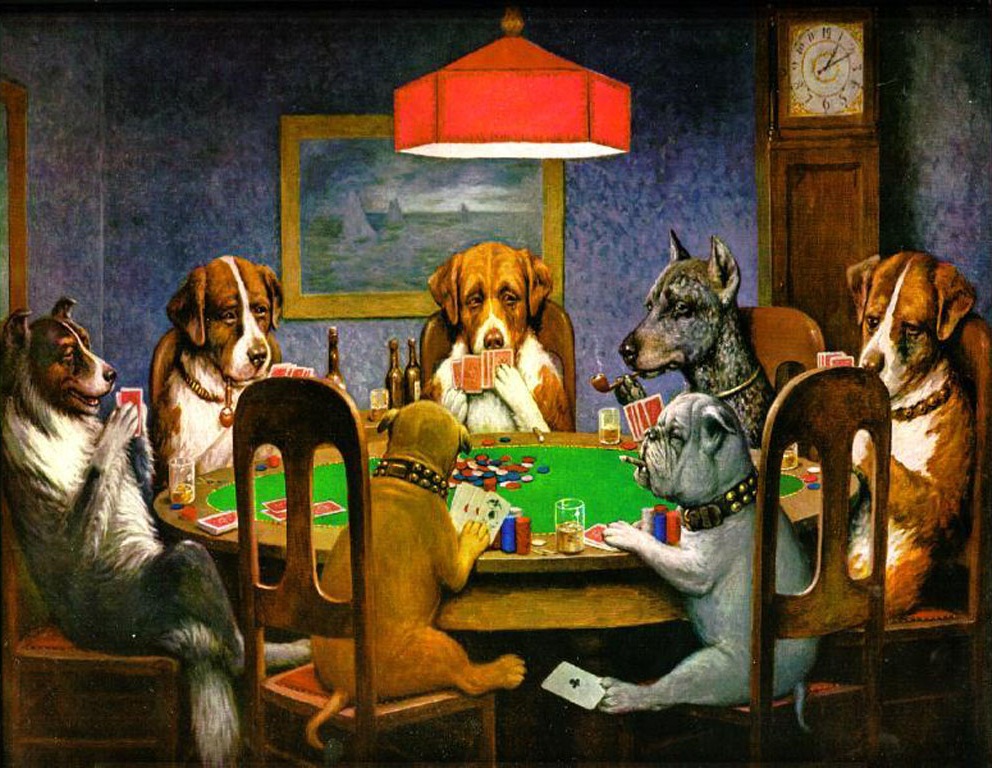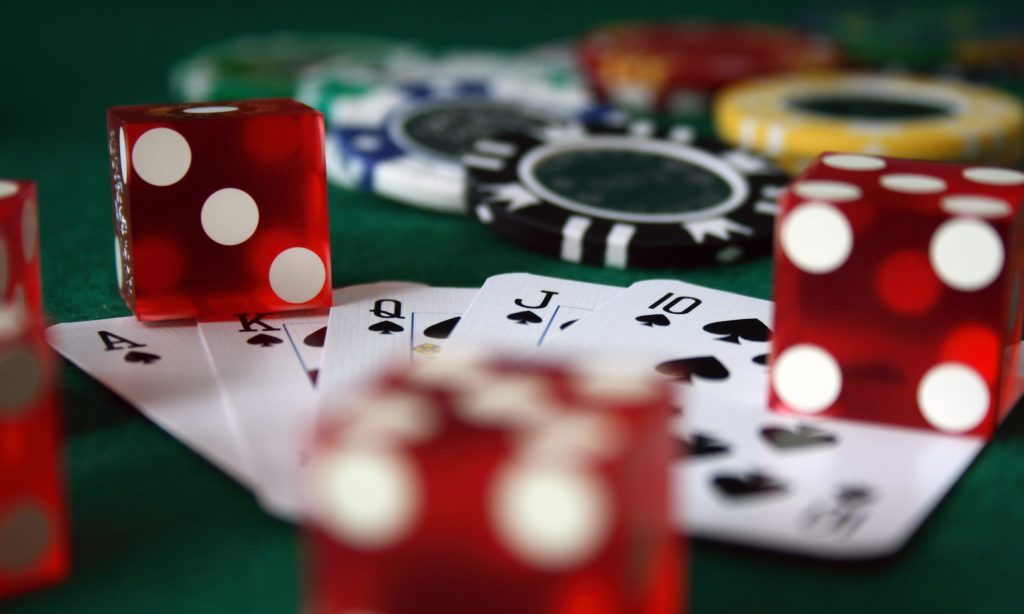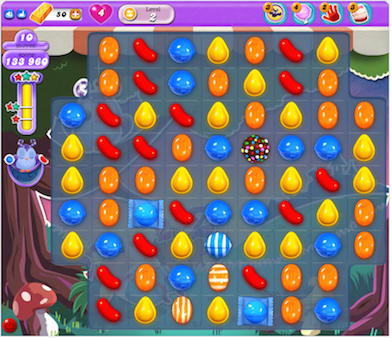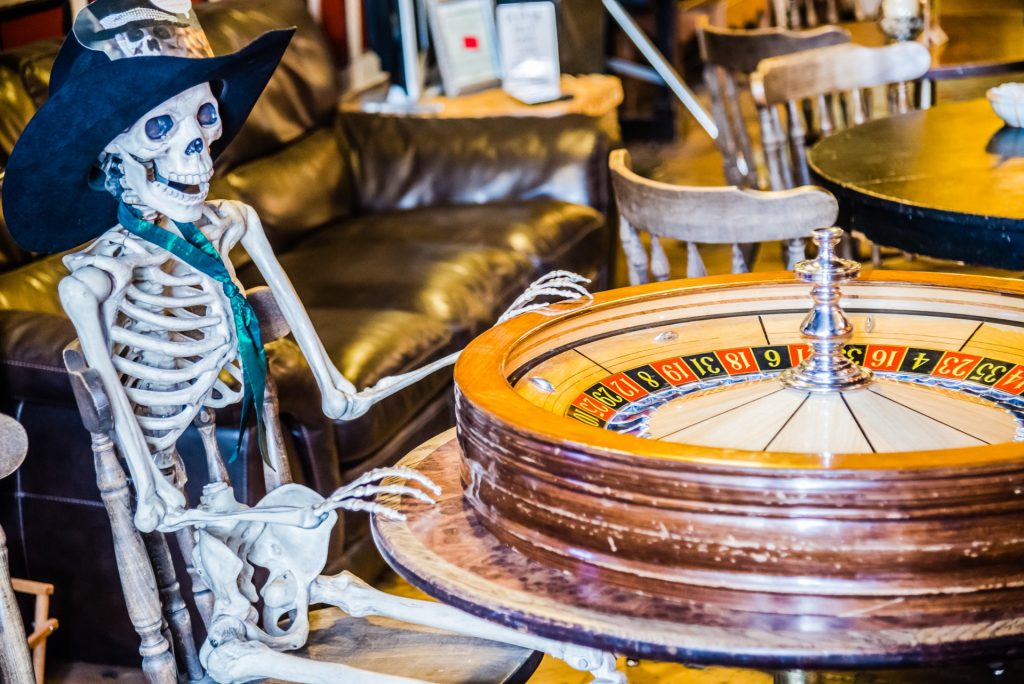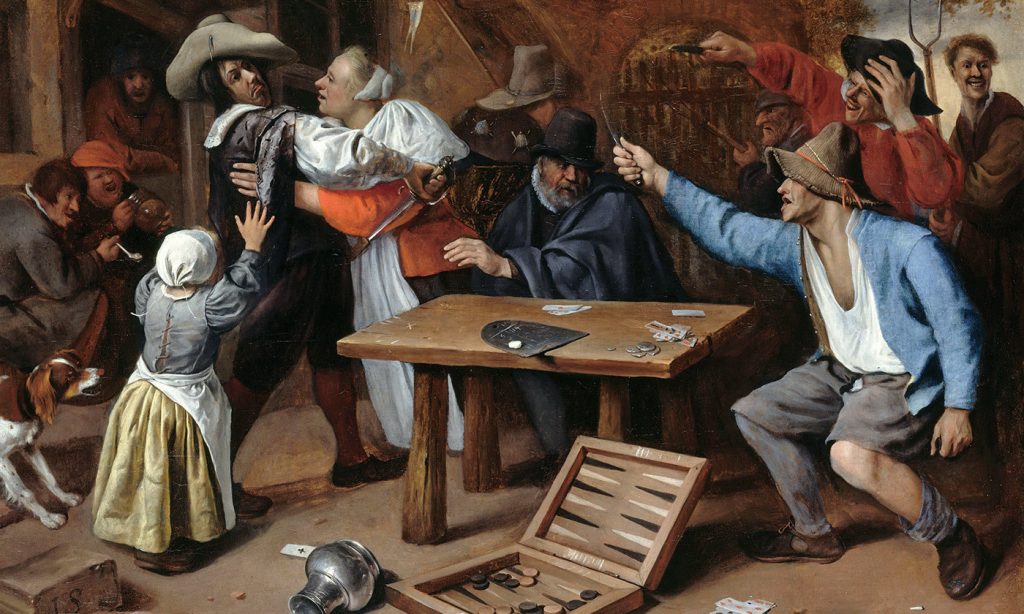Not everyone with an addictive personality becomes an addict, and those who do aren’t necessarily addicted to alcohol, drugs, gambling, or tobacco — the usual suspects.
An addictive personality refers collectively to a group of personality traits that may make a person more likely to develop an addiction to something. This can include someone becoming extremely passionate about something and developing an obsession or fixation. Think compulsive buying, game-playing, even exercise.

The root causes of addiction include trauma, mental health struggles, and genetic predisposition.
“Addiction can be viewed as a form of self-medication that works against psychological suffering.”
Marc Lewis, Neuroscientist

photo by Awhodothey
There’s a longstanding myth that some people simply have an addictive personality — a personality type that increases their risk for addiction. However, medical professionals cannot officially diagnose (or even officially define) an addictive personality. Experts generally agree that addictions are rooted in brain disorder, personal history or trauma, genetics, and environment, rather than being a diagnosable psychiatric issue.
In the 1990s, marketers for pharmaceutical companies in the US started using the term addictive personality as part of a campaign to promote painkillers. Representatives for Purdue Pharma told doctors that OxyContin would only cause addiction in patients who already had an “addictive personality.” Blaming patients for becoming addicted to highly addictive painkillers helped to remove the blame from the pharmaceutical industry.
Many people today use the term “addictive personality” as a catch-all to refer to certain personality traits that may increase the chances that a person will develop an addiction of some kind. For example, those who like to take risks and who have little impulse control around experimenting and playing with new experiences and dangerous activities are more likely to try drugs. Nevertheless, no one can perfectly predict who will become addicted after substance use and who will not.
Contributing Factors to Addiction
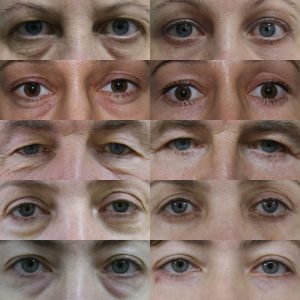
According to verywellmind.com, addiction is a complex brain disorder that is the result of a variety of factors. Genetics play a large part in susceptibility to addiction (see above), but other variables including family history, upbringing, environment, socioeconomic status, and drug availability also play a role in a person’s risk of addiction.
The American Psychological Association (APA) stated in a 2008 hearing before the US Congress that “at least half of a person’s susceptibility to drug or alcohol addiction can be linked to genetic factors.”
There is some overlap between an addictive personality and the symptoms of ADHD. Though there is no genetic link between ADHD and addiction, people with ADHD are at a higher risk of developing addictions. Dr. Sarah Johnson, medical director at Landmark Recovery, attributes this to the difficulty people with ADHD have with regulating neurotransmitters such as dopamine and norepinephrine
Some estimate that 10-15% of the population has personality traits that may contribute to an addictive personality. This percentage of the population doesn’t know when to stop and has a more difficult time coping with drugs and alcohol. If you think you or a loved one may have an addictive personality, consider the following addictive personality traits.
Some Signs of Addiction/ Risk of Addiction

- Always wanting more
- Continuing despite negative outcomes
- Inability to follow self-imposed rules
- Not being able to stop
- Obsessing
- Replacing relationships
- Secrecy
- Impulsivity
- Value nonconformity
- Anxiety
- Low stress tolerance
- Sensation seeking
- Blame shifting
- Insecurity
- Irritability
- Mood swings
- Poor coping skills
- Poor self-esteem
- Selfishness
- Social isolation or withdrawal
- Thrill-seeking
Could Addictive Traits Be Helpful?
Some researchers have hypothesized that the risk-seeking tendencies prevalent in addicts played an important role in early human evolution.
According to 12 Keys Rehab, an addictive personality isn’t necessarily a bad trait. Awareness of troubling behaviors and the possibility of negative consequences can actually be very positive when channeled into positive activities and results.
Identifying productive alternative activities that give a pleasure burst is key to channeling an addictive personality into a positive direction. This does not mean substituting one vice for another.
One can channel compulsivity, impulsiveness, and sensation seeking into positive results, for example, by learning new skills, getting in shape, making friendships, and more. Impulsive people are often viewed as fun to be around due to their spontaneous nature,
An addictive personality can help one achieve goals as long as one is on guard for potential negative impacts. In fact, some experts say that the personality traits of an addict also make for great leaders and business people.
BOTTOM LINE: Many personality traits—including some generally seen as positive—are correlated with the likelihood of developing an addiction. Be self aware!


